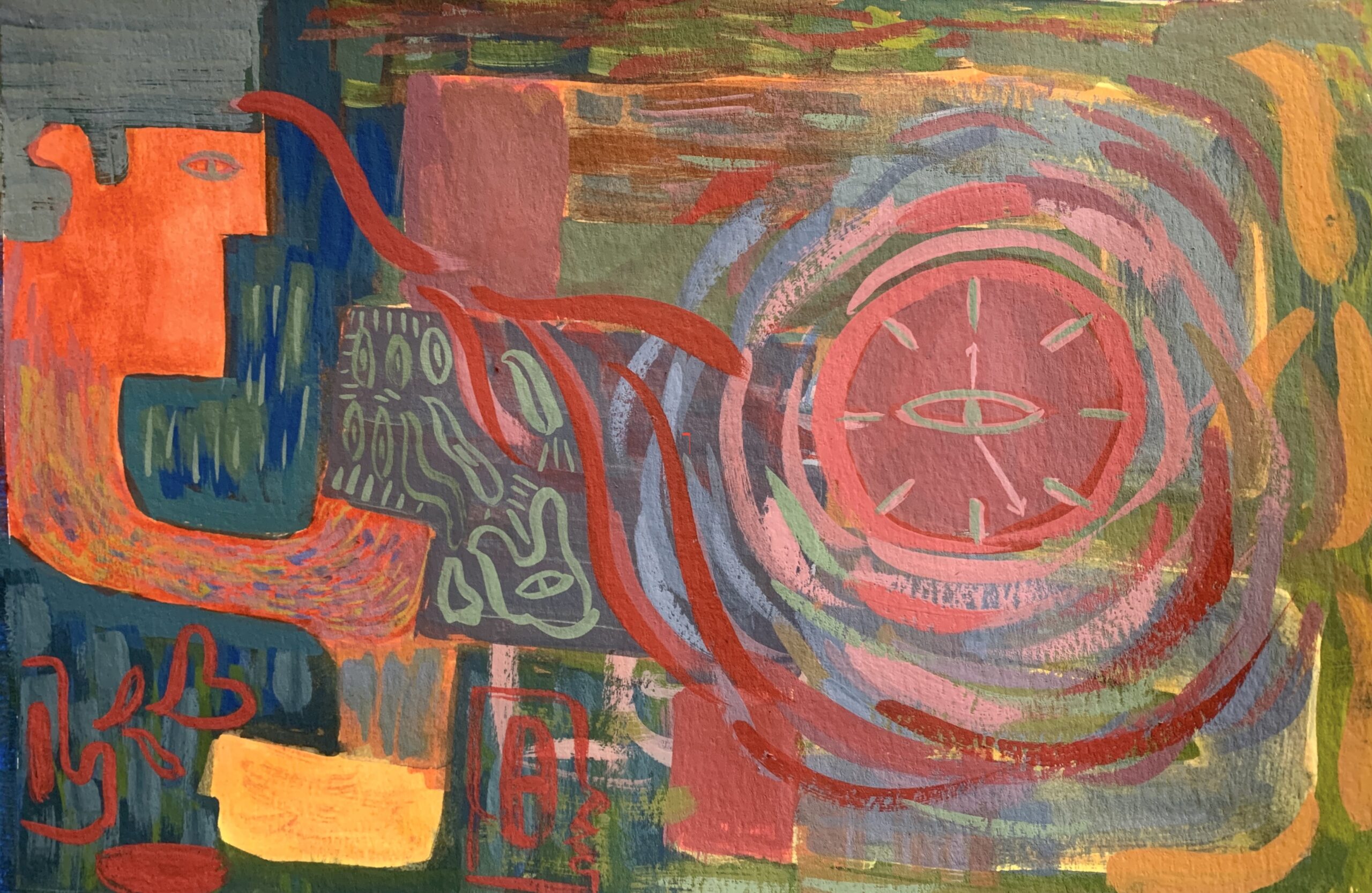The supremacy of the clock
September 16, 2022
 This
piece represents the opinion of the author
.
This
piece represents the opinion of the author
.
 Alfonso Garcia
Alfonso GarciaLike many other students, the seminal challenge of my first year at Bowdoin was understanding how to manage the absolute freedom of being away at college and the seemingly total control over how I spent my time. In many cases, this was terrifying; during my first few weeks at school, any time that I spent idle provoked intense anxiety. Looking around at my peers who seemed to never stop moving, I became overwhelmed by the sensation that I wasn’t working hard enough or didn’t have enough friends. And at other times, I could barely comprehend how there was enough time to keep up with all my coursework, maintain a social life, sleep and attend all the clubs and other events around campus that I wanted to.
Returning to campus this year, I’ve encountered the same rollercoaster of emotions that I felt as a first year. In the week or so since my arrival in Brunswick, I’ve spent several days just trying to catch my breath, attempting to keep up with back-to-back classes, practices and meetings. On other days, I’ve felt aimless as I’ve wandered around campus trying to find enough to do to fill the time.
It is often easy to reduce time to a constant—to view it as a subtle drumbeat in the background of our lives that flows uniformly across all places, cultures and individuals. We structure our lives around time on the clock. When we wake up, go to class, eat and meet friends are all determined by the regularity of hours and minutes. The supremacy of the clock can make it easy to disregard how we organically experience the passing of time; it roars past us in some moments and barely trickles by in others. Solely viewing time in scientifically measured units renders it almost invisible, disguising the ways it shapes our lives.
Trying to understand my day-to-day life at Bowdoin using the time on the clock has often been bewildering. Often, I have felt little more than a passive traveler on the river of time, passing through rapids and eddies without any semblance of control. The feeling of days slipping through your fingertips before a big assignment or the painful minutes spent trying to find someone you recognize in a dining hall is not something easily conveyed by a number. As I find myself oscillating between frenetic periods of business and brief moments of listless boredom, the idea that time is somehow passing uniformly is not just confusing, but alienating. When overwhelmed by countless deadlines, feeling the rift between these two experiences of time can erode a sense of sanity or agency in my own life and send me spiraling.
At the same time, the swift pace of life on campus has in many ways been one of my favorite parts of Bowdoin. The constant string of classes, practices, events and parties that are squeezed into a single day can be nothing short of exhilarating. Laying in my bed at night after a long day, I sometimes find myself in blissful awe of all that I’ve done over the course of the last twenty-four hours. And without a doubt, looking ahead to a day filled with activity gives me an invigorating sense of purpose on many mornings. And when I do find myself with some idle time to watch a movie or toss a frisbee on the quad with friends, it can make my day all the more enjoyable.
I don’t intend to make a particular judgment on the way that Bowdoin’s schedule is constructed or pretend that I can offer any sort of advice on time management. Instead, I simply want to say that investigating our experiences of time at school deserves more of our attention. Attempting to reconcile the contradictory experiences of overwhelming business and anxious boredom is impossible without taking a more intentional look at the way that time flows through our lives and acknowledging its irregularities and intricacies. Trusting the feeling of time, rather than just numbers on a screen, not only allows us to better understand our own experiences, but also opens up space for a much deeper exploration of the way that time functions in our community.

Comments
Before submitting a comment, please review our comment policy. Some key points from the policy: